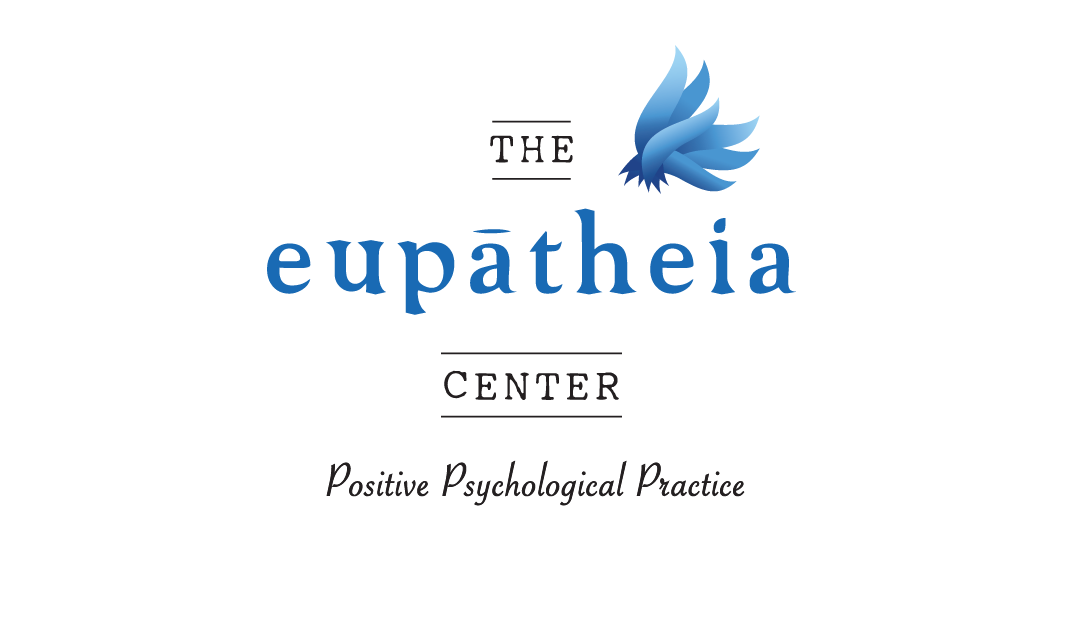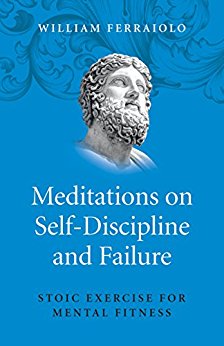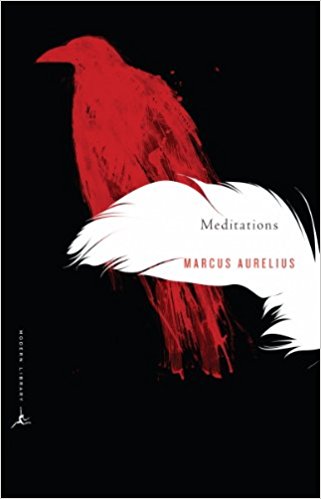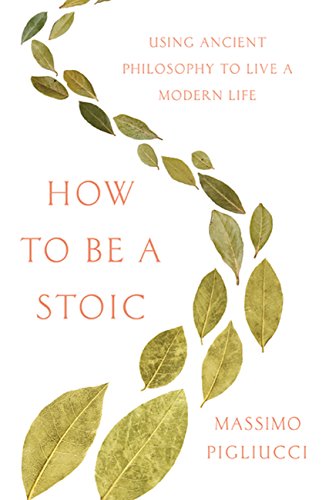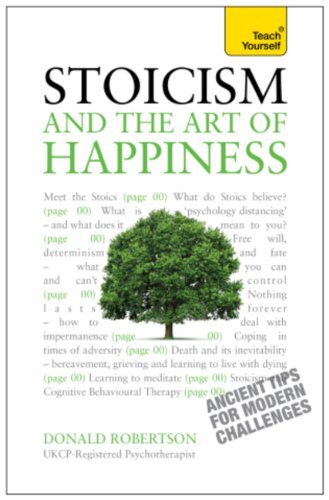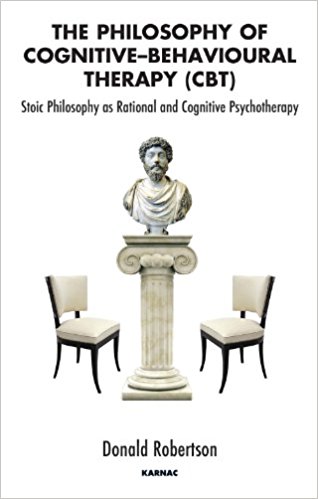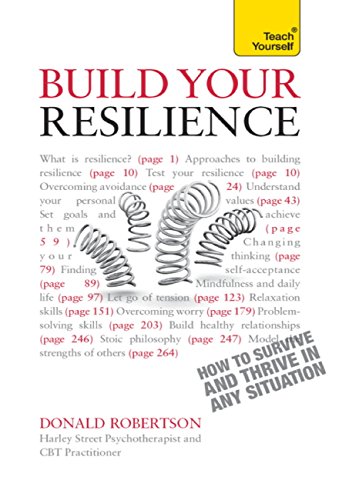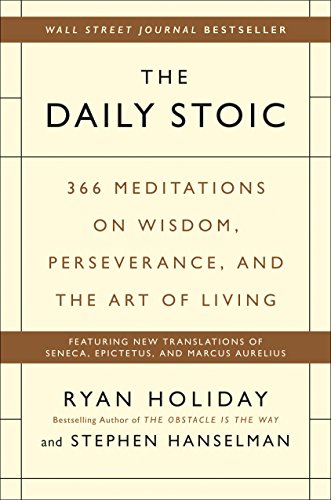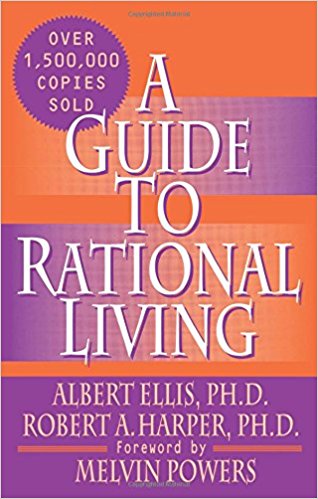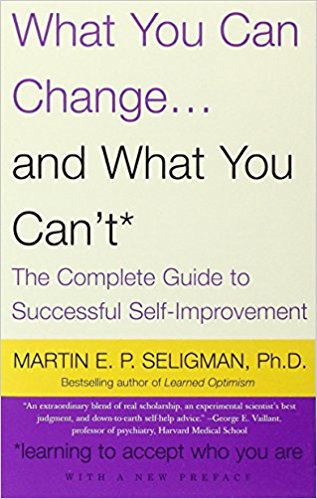Learning & Growing Versus Knowing It All
/“It is impossible for a man to learn what he thinks he already knows” – Epictetus
All too often we arrogantly, which is to say, stupidly, mistake our false certainty for genuine knowledge. But the feeling of certainty is not always what it claims to be; in fact, we can feel very certain about a great number of things that are in fact false. Alas, the feeling that a belief or idea elicits in us is incidental to its truth.
The reality is that so long as we harbor an attitude of excessive confidence in our own opinions, we will not be able to give sufficient space in our minds to clear and distinct ideas or beliefs that are not only true but also warranted by our own best reckoning. Uncertainty, therefore, isn’t always a sign of intellectual weakness or lack of resolve; it doesn’t always mark the presence of moral or characterological indecisiveness; on the contrary, very often it is a sign of intellectual rigor and nobility, an indication of a mind that is not content with counterfeit convictions, however pleasing or socially encouraged they might be.
A mind that is capable of critiquing its own deliverances, of exercising cognitive reappraisal and doubt as a consistent discipline and periodically revising and reorganizing its belief system in light of these reappraisals is a mind that reflects the stoic virtue of wisdom. Such a mind is not hemmed in by its own errors, suppositions, wish-fulfilling illusions, or prejudices but open to what is truly worth learning and understanding, even at the expense of potentially drastic and frustrating uncertainty and self-correction.
Learning of any form requires enough intellectual humility on the part of the learner to recognize that his or her picture of the world is never complete and absolutely unamendable; it is never finished. It is at best always a work in progress, an ever-incomplete project that can only asymptotically realize its goal of truth and the avoidance of error. A miss may not be a mile, but by definition it’s also not success; we need an ever-vigilant awareness of the inescapability of our cognitive limitations and proclivities for error. ‘To err is hum’ after all. Intellectual humility or healthy doubt therefore implies a willingness to understand that one does not always possess, at least not in a fully conscious and explicit form, the answers that he or she seeks.
When dealing with the many and various problems of everyday life, we will not find any measure of internal peace without first learning what the problem at issue really is and subsequently elucidating a reliable method or mental process for solving it, if indeed solution is even possible. (In the event that the aforementioned problem is not soluble in principle due to some intrinsic human cognitive blind spot or conceptual incoherence, then the proper aspiration as such for us is not a ‘solution’ to the problem in question but rather its dissolution.)
In this aspect, life can be viewed as a continuous process of existential investigation and problem-solving. As Epictetus’s quote above implies, if we are truly interested in learning what is the case, then we must acknowledge that we do not know what that already is; we must give up our habit of filling our minds with rash conclusions, unsubstantiated judgments, felt ‘convictions’, for these are thin and intellectually unnourishing gruel at the end of the day. They will leave us hungry, though perhaps with an emotionally sweet or spicy aftertaste.
We must give up taking our own judgments so seriously or relinquish assuming the cogency of our own immediate impressions and reflexive thoughts.
